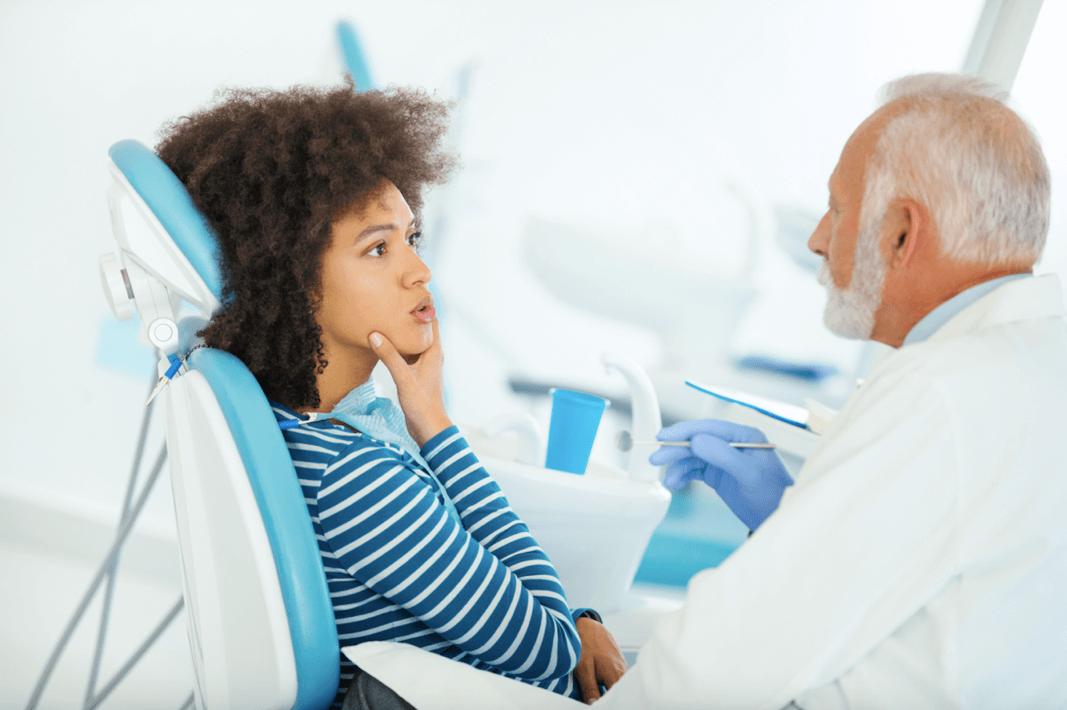For many patients, bruxism, or teeth clenching and grinding, may occur unconsciously during sleep. Thankfully, Dr. Christopher Rebol and Dr. Chris Sparks offer treatment for teeth clenching and grinding patients in Asheville, NC. At Rebol Family Dentistry, Dr. Rebol and Dr. Sparks work with patients to find the best solution for their dental concerns.
If you suffer from jaw pain or headaches, you may have bruxism. Call our office today at 828.247.7222 or schedule a consultation with Dr. Rebol or Dr. Sparks on our website. They will help you find the right solution to assuage your pain and protect your teeth.

Signs of Bruxism
There are multiple symptoms of bruxism to be aware of, including:
- Jaw pain
- Muscle tenderness
- Headaches
- Chronic facial pain
- Increased tooth sensitivity
- Worn teeth
Risk factors can also contribute to bruxism, including crooked and misaligned teeth, as well as TMJ disorders. If you have these conditions, you are more prone to developing bruxism in the future. It is important to be aware of any changes in your bite or sudden facial or jaw pain. Because of teeth clenching and grinding, the tooth enamel can wear away or crack. Visiting the dentist as soon as you discover a dental problem helps ensure that oral health issues do not develop further.
Causes of Teeth Grinding
There are a couple of kinds of teeth grinding. Awake bruxism can be something you do subconsciously when you’re concentrating or something similar. It may also be a response to emotions like anger, stress, or frustration. Night bruxism is something you do when you’re asleep and unaware of it. Arousals can cause it during sleep and subconscious responses to emotions you may have felt throughout the day.
Certain conditions make you more likely to grind your teeth. Increased stress or anxiety in your life is one of the most common reasons for bruxism. If you’re a person that’s particularly aggressive, competitive, or hyper, it can translate into teeth grinding. Sleep bruxism runs in families, so if your family members exhibit these behaviors, you’re also more likely to. Children commonly experience sleep bruxism and grow out of it as they age.
Lastly, medications and other medical problems can lead to bruxism. Certain antidepressants have this as a known side effect. Caffeine and recreational drugs may emphasize this too. Parkinson’s, epilepsy, sleep disorders, and ADHD are all medical conditions that can come with bruxism as well.
Treating Bruxism
Before treatment, our dentists will assess your teeth and gums to note any damage or wear. We provide oral appliance therapy through the use of custom nightguards. These mouthguards can be worn at night to prevent tooth damage. They take the pressure off the jaw and relieve the pain caused by bruxism.
Following nightguard treatment, some patients may require restorative or cosmetic care. Crooked teeth can be treated with Invisalign clear aligners to straighten teeth gradually. Patients with tooth damage or loss caused by severe bruxism may require dental crowns or dental implants.
For patients with minor cases of bruxism, ice packs, anti-inflammatory, anti-anxiety medications, and jaw stretching exercises may be used for patients with minor cases of bruxism. These gentle treatments act as therapeutic care for the jaw and facial muscles.
Schedule an Appointment
If you’re experiencing symptoms like jaw pain or worn teeth, it’s time to contact your dentist. Call us or schedule an appointment online.
